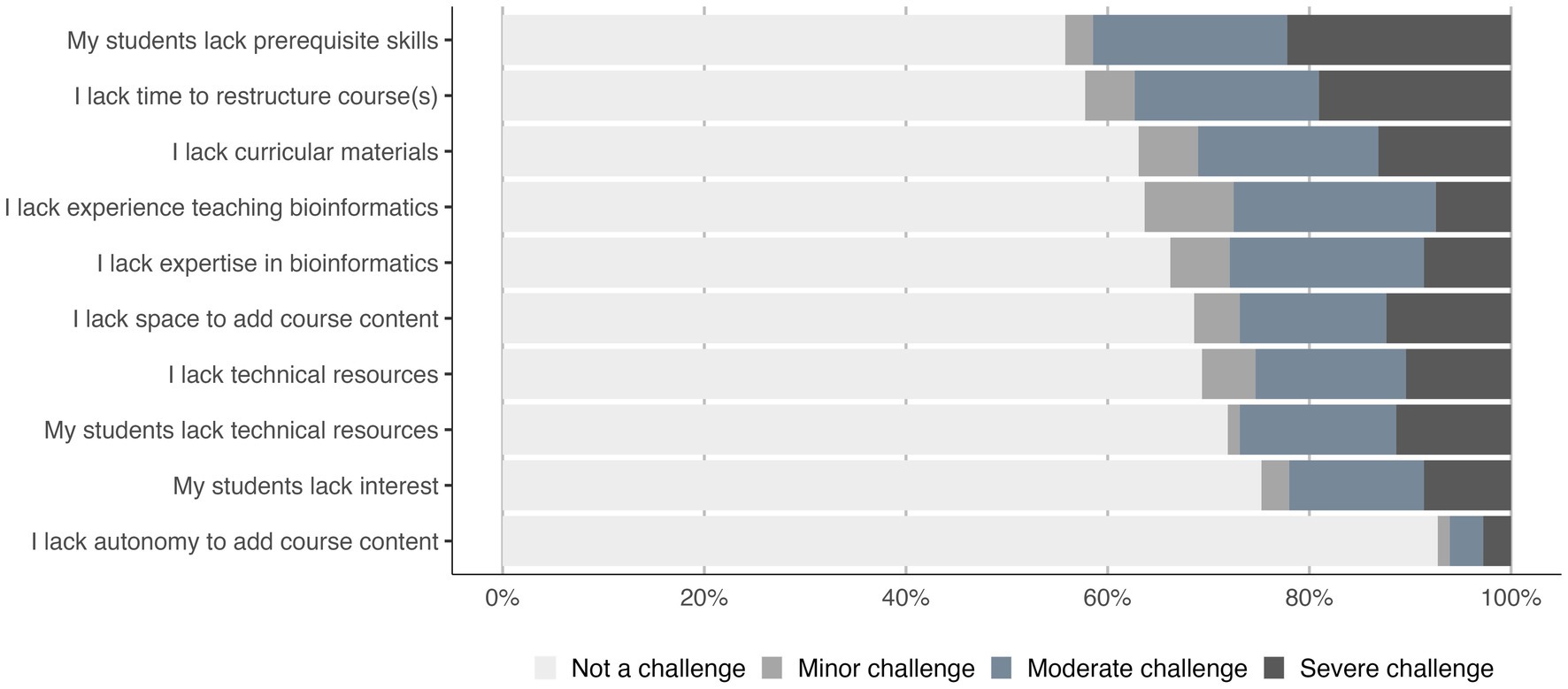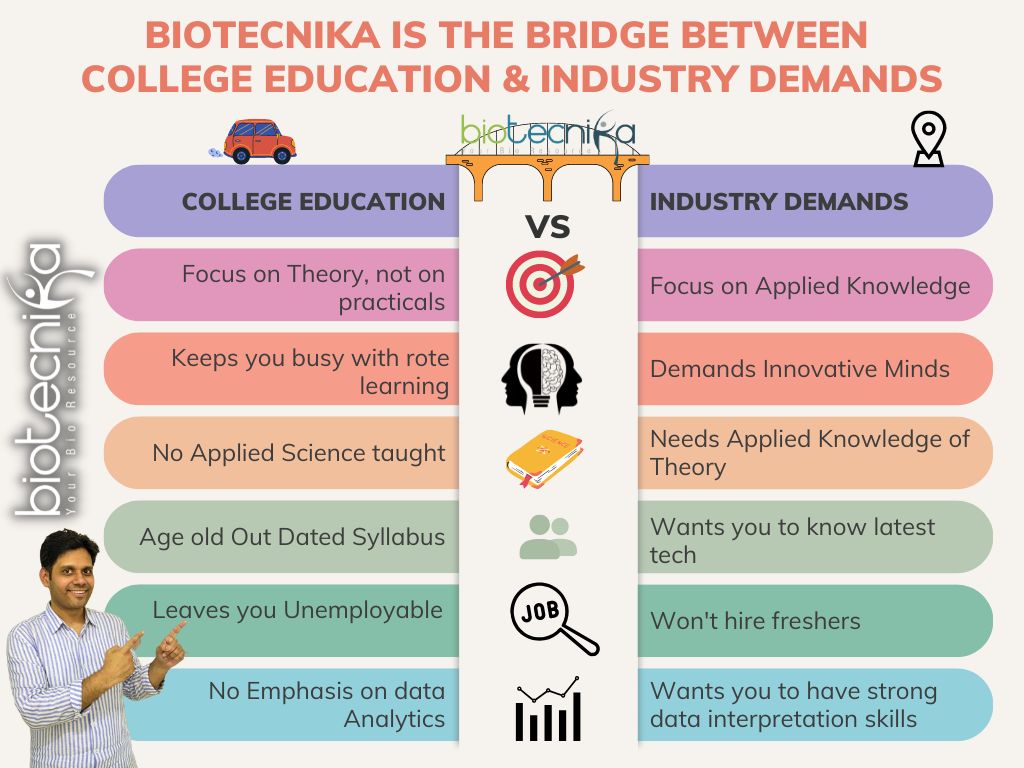The Basic Principles Of Bioinformatics Tutor
The Basic Principles Of Bioinformatics Tutor
Blog Article
Our Bioinformatics Tutor Ideas
Table of ContentsUnknown Facts About Bioinformatics TutorIndicators on Bioinformatics Tutor You Need To KnowFacts About Bioinformatics Tutor UncoveredMore About Bioinformatics TutorThe Only Guide for Bioinformatics Tutor
Of the total amount individuals involved in the training, 80% were pupils from public greater education and learning establishments, while the remaining 20% originated from private organizations. To receive a certification of involvement, students were called for to participate in at the very least 90% of the complete training hours. As a result of this need, a remarkable 95% of the individuals successfully acquired their certificates, having not just satisfied the minimum attendance requirements however likewise completed all appointed tasks throughout the training.
Throughout the elevation of the COVID-19 pandemic, particularly between June and August 2020, the project team was tasked with organizing specialized training in bioinformatics. This training was especially targeted at trainees from the study team Core for Research in Applied Computing at the Federal College of Pará (UFRA) The adaptation to remote understanding systems because of the pandemic created an opportunity to explore new mentor methods and digital tools that improved both reach and effectiveness.
To react to the expanding need in the computer and life scientific researches fields, an innovative course was introduced in 2020 labelled Introduction to Equipment Discovering. This training course was developed to supply an obtainable yet thorough overview of Expert system techniques, especially as applied in bioinformatics. The program was executed over three months, from October to December 2020, and was delivered entirely online via the Google Meet system. This virtual style allowed engagement from pupils throughout Brazil, many of whom could not have had the chance to participate in in-person sessions.
Top Guidelines Of Bioinformatics Tutor
A noteworthy function of this course was its emphasis on hands-on knowing. Roughly 50% of the total training hours were dedicated to functional activities where students constructed intelligent designs and applications in a variety of clinical domains, consisting of genetics, molecular biology, and ecological information evaluation. Commonly utilized frameworks and devices such as Spyder, Google Colab, Jupyter Notebooks, and Orange were integrated into the coursework. These systems allowed students to engage in real-time data adjustment, model training, and algorithm testing.
Sixty of them were affiliated with numerous higher education establishments in the state of Pará, while the remaining twenty came from institutions located in 5 various other Brazilian states. By introducing Artificial Knowledge in a useful and pertinent context, the campaign offered to link the gap between theory and real-world application, giving trainees with a solid foundation for future study or work in the area.
The training effort developed component of a broader scholastic outreach initiative understood as the Bioinformatics on the Road task. This project has, throughout the years, presented dozens of trainees to the world of bioinformatics and computational biology. The events held under this umbrella campaign have happened across multiple areas and years, as summed up in Table 1 (Listing of events, locations, years, and overall numbers of trainees and teachers)
Numerous of these teams, originally brought with each other by their involvement in training occasions, have given that gone on to generate independent clinical study in cooperation with local academic institutions. The training not only promoted scientific thinking within the context of bioinformatics but likewise sparked joint connections that expanded beyond the training setting.
See This Report about Bioinformatics Tutor
The job itself was conceptualized review and organized by MB and RR, who looked after the planning and application of each action. Lectures were delivered by a multidisciplinary team being composed of megabytes, FA, EF, KP, JS, DM, SN, LP, LG, RR, a/c, and ih. The exact same team, excluding IH and RR, also functioned as tutors for the functional training modules. Financing for the task was offered through the give 88887.200562/ 2018-00 from CAPES. The authors extend their gratitude to everyone who added to the understanding of this task, whether directly or indirectly, since its creation.
The Federal College of Pará's Workplace of Research study (PROPESP/UFPA) additionally provided financial backing, especially for the manufacturing of the last manuscript. The writers declare no financial or commercial problems of rate of interest that could have affected the study. All interpretations and point of views expressed in this write-up are exclusively those of the writers and do not always reflect those of their best site corresponding organizations, the publisher, editors, or reviewers involved in the publication process.

Bioinformatics Tutor for Dummies
From an instructional perspective, the teaching technique utilized in the training was deliberately interactive. Classes were conducted in a way that encouraged pupil involvement and conversation, going beyond rote memorization to discover how concepts are created, applied in daily life, and checked in academic setups. The training ideology concentrated on nurturing both solid and having a hard time pupils, supplying customized support, and building confidence through sustained mentorship and persistence.

Each group, being composed of about 36 participants, was supported by 3 mentors-- a lot of whom were postdoctoral researchers with customized experience. These coaches not only helped create the team jobs however likewise promoted their execution, ensuring that each research study concern was both appropriate and appropriately difficult. The objective was to offer a biologically practical context that individuals can check out through open-ended objectives and accessibility to curated datasets.
For extra insights into the approach and outcomes of this project-based understanding technique, readers are directed to S1 Text, which includes comprehensive summaries of the instructional framework, assessment techniques, and job styles utilized in the training sessions.
The 45-Second Trick For Bioinformatics Tutor
Of the total individuals included in the training, 80% were pupils from public higher education organizations, while the remaining 20% came from private institutions. To certify for a certificate of engagement, students were needed to attend at least 90% of the complete training hours. Especially, past the pupils who enlisted in the training sessions, seven seasoned teachers got involved in supplying the training courses, while 3 committed research teachers collaborated the total training process. Approximately 50% of the total training hours were dedicated to practical tasks where pupils developed smart versions and applications in a variety of scientific domains, including genes, molecular biology, and environmental information evaluation. The training not just cultivated scientific reasoning i was reading this within the context of bioinformatics yet likewise sparked collaborative relationships that prolonged beyond the training setting.
Report this page